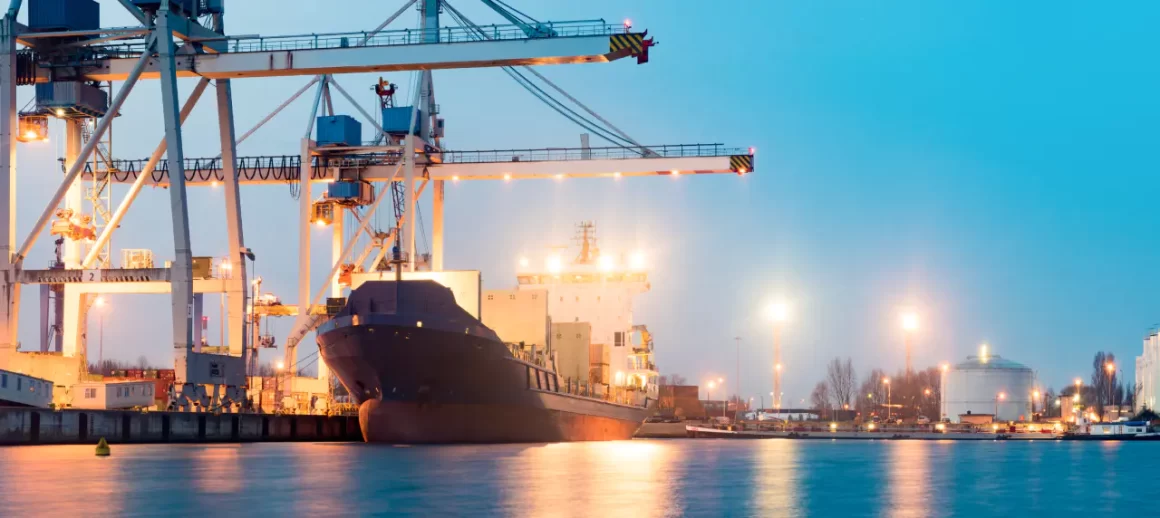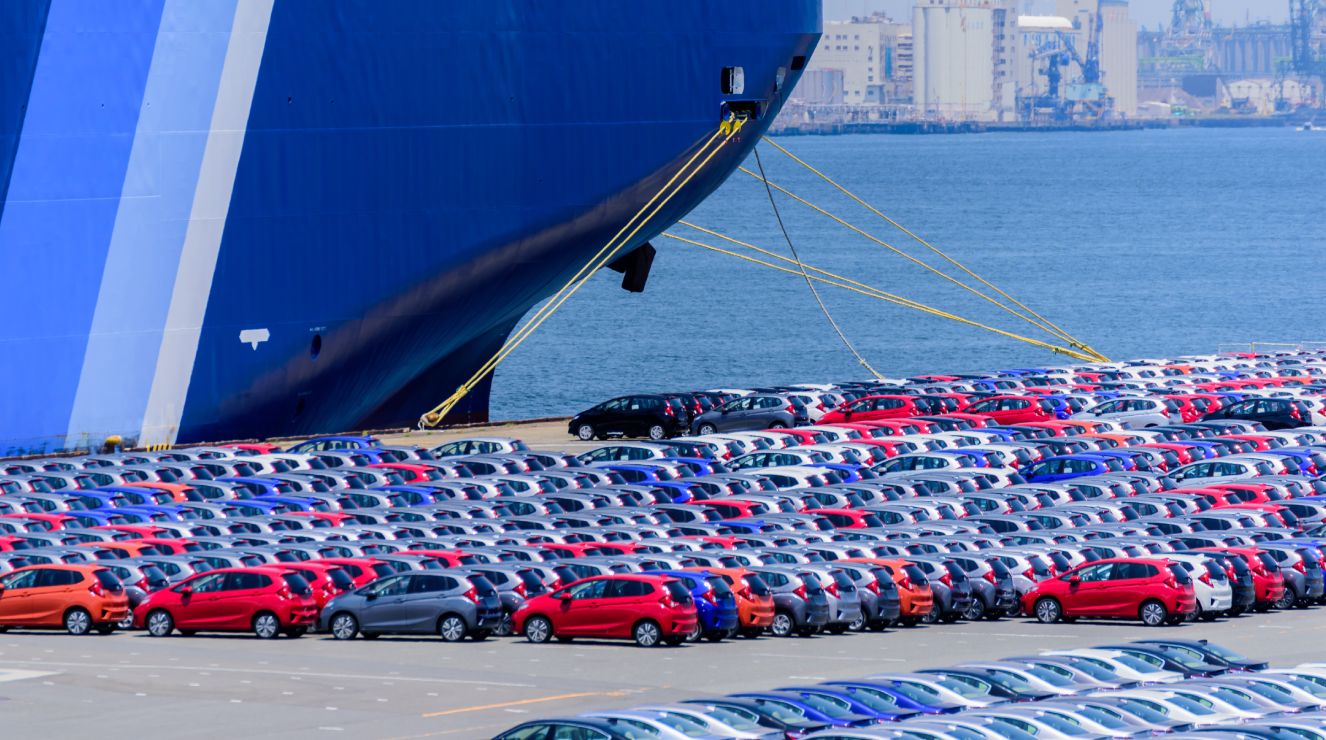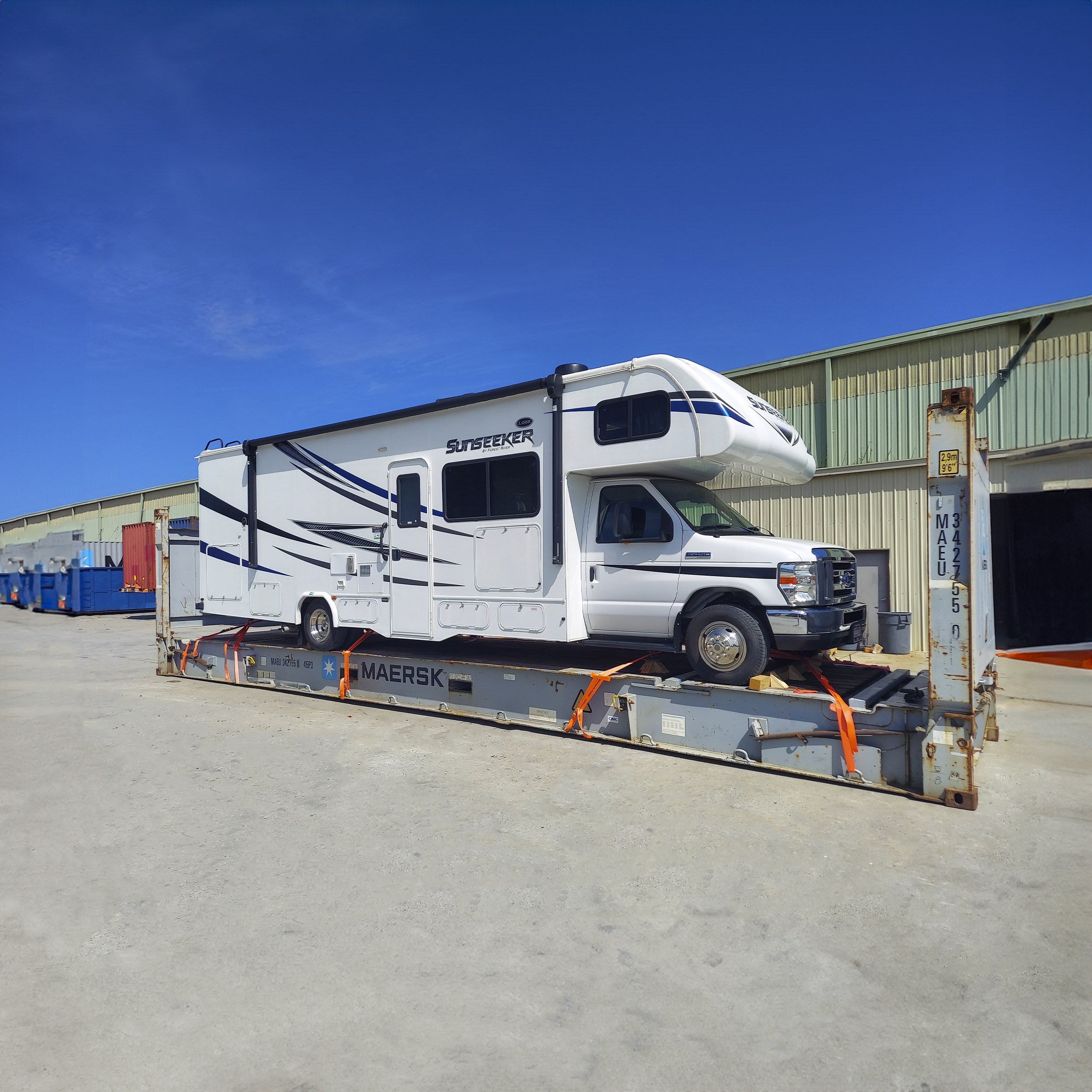
Shipping heavy and oversized equipment internationally requires a deep understanding of the destination country’s trade environment, regulations, and industrial landscape. With a strategic location and growing economy, Uzbekistan is an increasingly important destination for heavy and oversized equipment.
This page explores the key considerations and guidelines for shipping equipment to and from Uzbekistan, ensuring a streamlined and effective transport process.
Facts About Uzbekistan
Uzbekistan is a country with distinct characteristics, and it’s essential for those interested in importing or exporting heavy agricultural equipment to understand those characteristics. The primary language spoken is Uzbek, but Russian is also widely used, facilitating communication and business transactions for many international entities.
Uzbekistan has a population of over 35 million, spread across various time zones, which can affect coordination and scheduling. The currency used is the Uzbekistani Som (UZS), which is crucial in facilitating a profitable financial landscape for international trade. The time zone in Uzbekistan is GMT+5 and currently does not observe Daylight Savings Time.
Understanding these fundamental aspects of Uzbekistan is essential for navigating the business and logistical considerations crucial for successful exporting to this market.
Major Industries In Uzbekistan
Uzbekistan is developing rapidly in several industries, including agriculture, manufacturing, and mining. The country is rich in natural resources like gold, uranium, and natural gas, making it a key player in the mining sector. Its agricultural sector is significant, producing a variety of crops and livestock. The manufacturing sector is also growing, focusing on textiles and automotive production.
Uzbekistan’s Trade Overview

Uzbekistan maintains strong trade relationships with various countries, focusing on expanding its export and import capabilities. The exchange of heavy and oversized equipment is vital for the growth and development of multiple sectors within the nation. The country’s freight and transportation networks are evolving to ensure timely and safe delivery.
Exporting To Uzbekistan: International Opportunities
Uzbekistan offers fertile ground for international exporters of heavy and oversized equipment. The country’s burgeoning sectors demand specialized machinery and infrastructure for sustained growth. Vital opportunities for foreign exporters include:
- Agricultural Machinery
Equipment like tractors and irrigation systems are essential for Uzbekistan’s agricultural sector - Mining Equipment
Exporting mining equipment like drill rigs and earth movers can meet the sector’s demands, enhancing operational efficiency and productivity - Construction Machinery
Heavy construction machinery such as cranes and bulldozers are needed for the country’s growing construction sector - Textile Manufacturing Equipment
Given the significance of the textile industry, exporting machinery related to textile production can be lucrative - Automotive Manufacturing Machinery
As the automotive sector grows, there is a demand for specialized manufacturing equipment
Exporting To Uzbekistan: Shipping Challenges
Exporting heavy and oversized equipment to Uzbekistan presents unique challenges that require careful planning and adherence to local and international regulations.
- Customs Regulations
Uzbekistan has specific customs regulations that can be complex and time-consuming to navigate. Understanding and complying with these regulations is crucial to avoid delays - Language Barrier
The primary language in Uzbekistan is Uzbek, and most of customs officials are not fluent in English, which can lead to communication challenges - Transportation Infrastructure
While improving, Uzbekistan’s transportation infrastructure may not be as developed as in some other countries, potentially leading to delays and logistical challenges - Documentation and Paperwork
Exporting to Uzbekistan requires thorough and accurate documentation, and any errors can result in significant delays - Logistical Delays
Due to its landlocked location, shipping to Uzbekistan might involve multiple transit points, increasing the risk of delays - Local Market Knowledge
Understanding Uzbekistan’s local market and consumer preferences is essential for successful exporting, but can be challenging for foreign businesses
Ocean Freight Ports In Uzbekistan
Uzbekistan, while landlocked, has direct shipping connections with other countries through important shipping lines. The country’s freight infrastructure is integral to its international and domestic trade.
Major transport routes include rail and road networks that connect to neighboring countries’ ports, facilitating the movement of heavy and oversized equipment.
The key ports used by Uzbekistan for this purpose are:
- Port of Bandar Abbas, Iran
This is the closest and one of the most important ports for Uzbekistan. It provides access to the Persian Gulf and is a vital transit point for Uzbekistan’s trade with countries in the Middle East, South Asia, and beyond - Port of Karachi, Pakistan
Another significant port for Uzbekistan, Karachi offers access to the Arabian Sea. It’s a crucial link for trade routes towards South Asia and the Far East - Ports in the Baltic Sea Region
For access to European markets, Uzbekistan often uses ports in the Baltic Sea region, such as the Port of Riga in Latvia or the Port of Klaipeda in Lithuania. These ports are reached through rail and road networks passing through several countries - Port of Mersin, Turkey
This port on the Mediterranean Sea is also used for Uzbekistan’s trade with Europe and the Middle East. Goods are transported overland to Turkey and then shipped from Mersin - Ports in Russia
Uzbekistan also uses various Russian ports, especially those on the Black Sea, to access European and Middle Eastern markets. The transport is typically via rail through Kazakhstan and Russia - Port of Lianyungang, China
For trade with East Asian countries, Uzbekistan uses this port, which is connected by the China-Kyrgyzstan-Uzbekistan railway route





